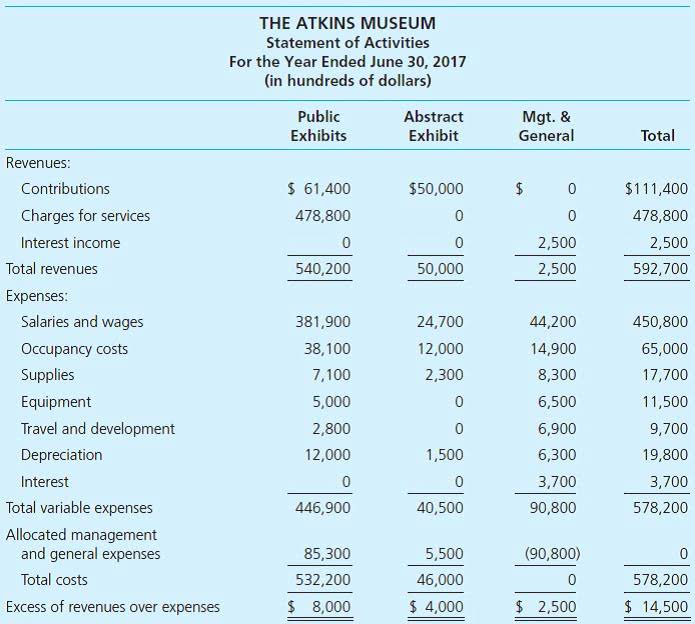
Public companies are required to use accrual accounting to ensure transparent and accurate financial statements that reflect their true financial position. Before choosing an accounting method, research industry-specific regulations and requirements to ensure compliance. If you’re unsure about the applicable rules, consulting with a financial professional can provide clarity and help you avoid potential penalties. Cash basis accounting can offer tax advantages, particularly for small businesses.
Small Business Resources
- This blended approach can be particularly useful for businesses with aspects of both cash and credit transactions.
- You can analyze trends, anticipate potential issues, and make proactive adjustments.
- For example, our resources emphasize that sound accounting systems and processes are crucial for accurate financial management, regardless of whether you choose cash basis or accrual accounting.
- Cash-basis accounting is a simpler accounting system to use than an accrual-basis accounting system when tracking real-time revenues and expenses.
- For example, Carson Corporation records—as a June expense—the salaries earned by its employees in that month, even though those salaries may not be paid until July.
- This subscription-based service helps you track invoices, expenses, employee hours and more.
- This method is preferred by larger businesses and those required to comply with GAAP, as it offers a more accurate financial picture.
In this technique, receivables and payables are recognized to give an overall view of the financial health of the business beyond just cash flow. By recording income and expenses when they’re earned or incurred, rather than when cash changes hands, accrual basis accounting gives a more accurate view of your business’s financial health. This is especially helpful for companies that work with credit or manage long-term projects, as it shows income statement the true state of income and costs. In cash basis accounting, transactions are recorded when cash physically moves in or out of your business.
What is the main difference between the accrual and cash basis of accounting?

Though the cash-basis accounting technique has advantages, there are notable setbacks. When you buy inventory, you record the purchase as an expense in the year you pay for it, regardless bookkeeping for cleaning business of when you sell the inventory. Learn how the best accounting and bookkeeping methods for real estate are automated, integrated, and boost business efficiency. Accruals are amounts that a business expects to receive or pay but hasn’t yet. Analyzing data can help you spot trends, catch any unusual activity in revenue or expenses, and improve your forecasting.
What is Accrual Accounting?

AI can handle tasks like predictive analytics and automated data entry, freeing up human accountants to focus on more strategic work. This streamlines operations and provides valuable insights that were previously difficult to obtain. If you’re curious about integrating AI into your financial processes, our managed accounting services can provide tailored solutions. For more insights into AI’s transformative impact on accounting, read this Forbes article. Switching between the cash and accrual methods requires careful planning and adherence to IRS regulations. Businesses must file Form 3115, Application for Change in Accounting Method, to document and gain approval for the transition.


Accrual accounting, with its comprehensive view of revenue and expenses, offers the detailed financial data lenders and investors need. Accounting Smarts emphasizes the importance of this method for providing a precise overview of your financial performance, which is crucial for building trust and securing funding. In practice, cash basis accounting means you record income when a customer pays you, whether that’s by cash, check, or credit card. Expenses are recorded when accrual basis accounting you actually pay for something, such as rent, supplies, or salaries. This direct connection between cash flow and accounting entries makes it easy to track your actual cash position and understand your current liquidity. This AccountingTools resource provides a helpful overview of how cash basis accounting works.
